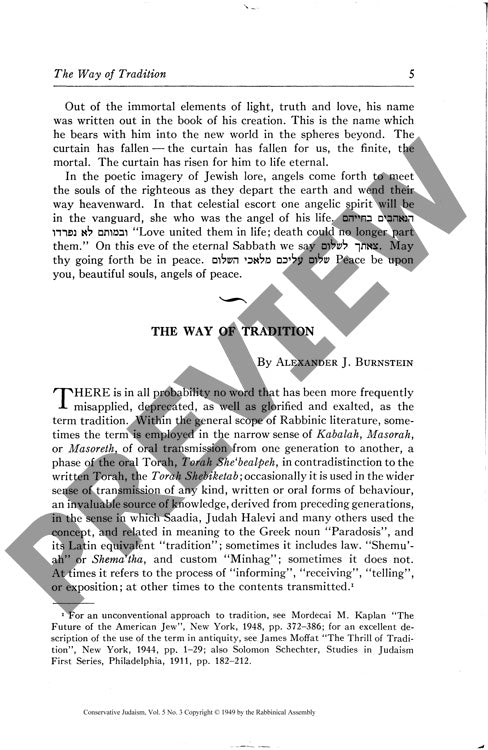The Way of Tradition
Couldn't load pickup availability
Tradition functions as humanity's unique social heritage, fundamentally distinguishing humans from other species through our capacity to preserve and transmit accumulated wisdom. Drawing from rabbinic literature, philosophical sources, and comparative cultural analysis, this investigation challenges contemporary criticisms of tradition—particularly those articulated by John Stuart Mill—as based on fragmentary and distorted understandings. The analysis reveals three primary mechanisms through which tradition operates: language as a vehicle for moral vocabulary and cultural continuity; custom as embodied social wisdom representing successful experiments in communal living; and family tradition as a means of transmitting values across generations. Through philosophical examination of Jewish religious tradition in particular, the research demonstrates that tradition provides essential frameworks for moral relationships, social stability, and individual development, especially within minority communities. Rather than representing static constraint, tradition emerges as dynamic, living wisdom indispensable to morality and social cohesion—its rejection risking moral impoverishment and social chaos. These findings advance our understanding of tradition's vital role in human flourishing and community survival.

More Information
-
Physical Description
-
Publication Information
Published 1949
ISBN
-
Publication Credits
Alexander Burnstein

